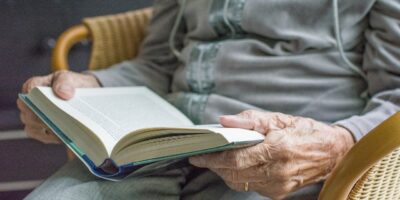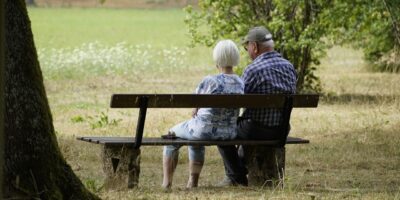We hope you have all been enjoying the lovely summer weather so far! July is a busy month with plenty of exciting activities to celebrate and engage in.
It is a great time to revel in some outdoor activities while the weather is nice, as long as it is not too hot! Holding picnics, admiring the flowers and taking gentle walks are just some of things you can enjoy throughout July.
If you have residents who are interested in sport, they will be spoiled for choice this month as we see Wimbledon, The Open Golf Championship, the Henley Royal Regatta, the Women’s Euros and the Tour de France taking place! Enough to keep everyone busy and entertained.
Wishing you all a wonderful month ahead.
Purchase your copy of our 2025 Activity Wall Planner here
WIMBLEDON (30th Jun – 13th Jul)
Wimbledon is regarded as the most prestigious event in the tennis calendar, where the worlds best tennis players battle it out for the Wimbledon title. It is full of traditions with the players all wearing white, and the spectators all eating eating strawberries and cream, and drinking champagne or Pimms! Find out how you can watch all the action on television here
HENLEY ROYAL REGATTA (1st – 6th Jul)
The Henley Royal Regatta attracts rowing teams from across the world to come and compete at this prestigious event. It is attended by thousands of well-dressed spectators who come to watch the action and indulge in the food, drink and excitement of it all. It certainly is the place to be seen in July! A great event to celebrate with some rowing-themed activities or by getting dressed up to attend your own special Gala event!
UEFA WOMEN’S EUROS (2ND – 27TH Jul)
The UEFA Womens Euro 2025 will be the 14th edition of the UEFA Womens Championship. The tournament will be played in Switzerland from 2nd to 27th July this year, across a range of venues. There will be 16 teams taking part, and England and Wales are both competing so you can cheer on two of our home nations! We have put together some great football activities to help you celebrate the action!
USA INDEPENDENCE DAY (4th Jul)
Independence Day in America is a nationwide holiday across the country. It is celebrated with parades, parties, fireworks and frivolity! Look out your American flags and bunting, serve up some burgers and fries and celebrate Independence Day in style! Enjoy a discussion about America – has anyone been on holiday there? What was it like?
TOUR DE FRANCE (5th – 27th Jul)
InThe Tour de France is the oldest and most prestigious of the Grand Tour cycling races.It is a gruelling 3,500km race that takes place primarily in France with starting destinations varying between countries. This year, the Tour de France begins in Lille, and it will see riders climb roads across the Alps and the Pyrenees before they reach the finish line in Paris along the Champs-lyses.
MOON LANDING (20th Jul)
On 20th July 1969, Neil Armstrong became the first human to step onto the Moon, followed by fellow astronaut Buzz Aldrin. Neil famously said:Thats one small step for man, one giant leap for mankind. Over 600 million people watched this historic event across the world, and you can watch a reconstruction of the BBC coverage of the Apollo 11 launch on YouTube
We hope you find these suggestions useful. We always love to see and hear what our readers have been up to – please email photos and stories to for your chance to be featured in our Reader’s Corner!




